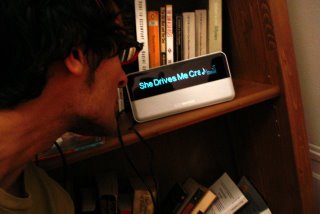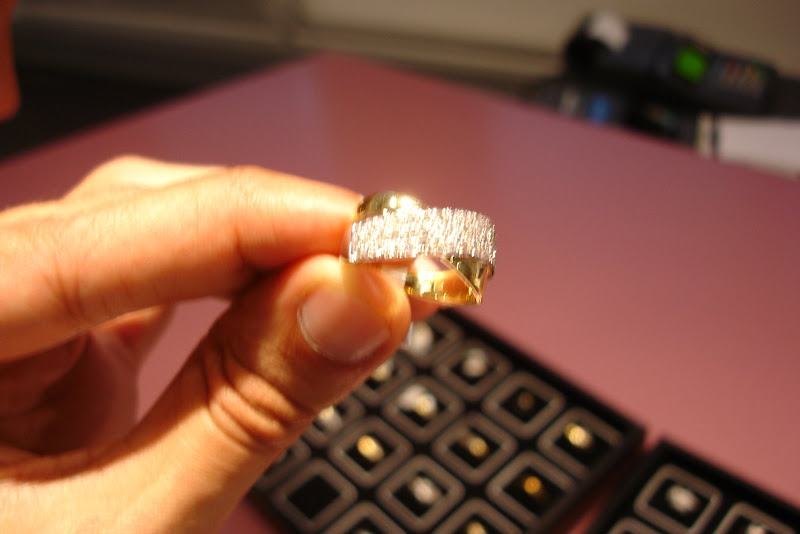now, obviously there exists round pegs which won't fit in square holes. certainly the main complaint is that the interfaces are not commensurate, and so problems will ensue. the question then becomes which fit is worse: the round peg in the square hole, or the square peg in the round hole?
take your time and think about it.
...
...
now, you could just work it out yourself, or you could pull a naive-google, or a thoughtful-google. now, a naive-google would use the result count to determine which statement is used more often, and then say that the statement used more often is likely the better analogy (why would people, since we are such smart beings, use poor analogies? ;) ). so here are the results:
"round peg in a square hole" : 41,700
"square peg in a round hole" : 91,900
so clearly square peg wins out.
now if we do a thoughtful-google and click on some results, we find this problem solving for kids site that after some simple geometry declares:
Hence the circle covers more of the square than the square does the circle. It’s therefore better to be a round peg in a square hole than a square peg in a round hole.thus, since we want an analogy that describes something that is very difficult to do, we must conclude that i made a weak statement, and should've said it's like fitting a square peg in a round hole.
merry christmas.
UPDATE: someone recently commented that google is dumbing us down, because instead of just working out this simple geometric problem, we just ask google and get an answer that's already written up on the web. certainly there's some merit to this complaint (in this case, though, i worked it out myself because these little problems are fun. indeed, the circle in the square uses a larger percentage of area than the square in the circle). it's very tempting to be as curious as the answers google gives you. however, i also think we can now ask much deeper questions and build on all the knowledge that's easily available.






































